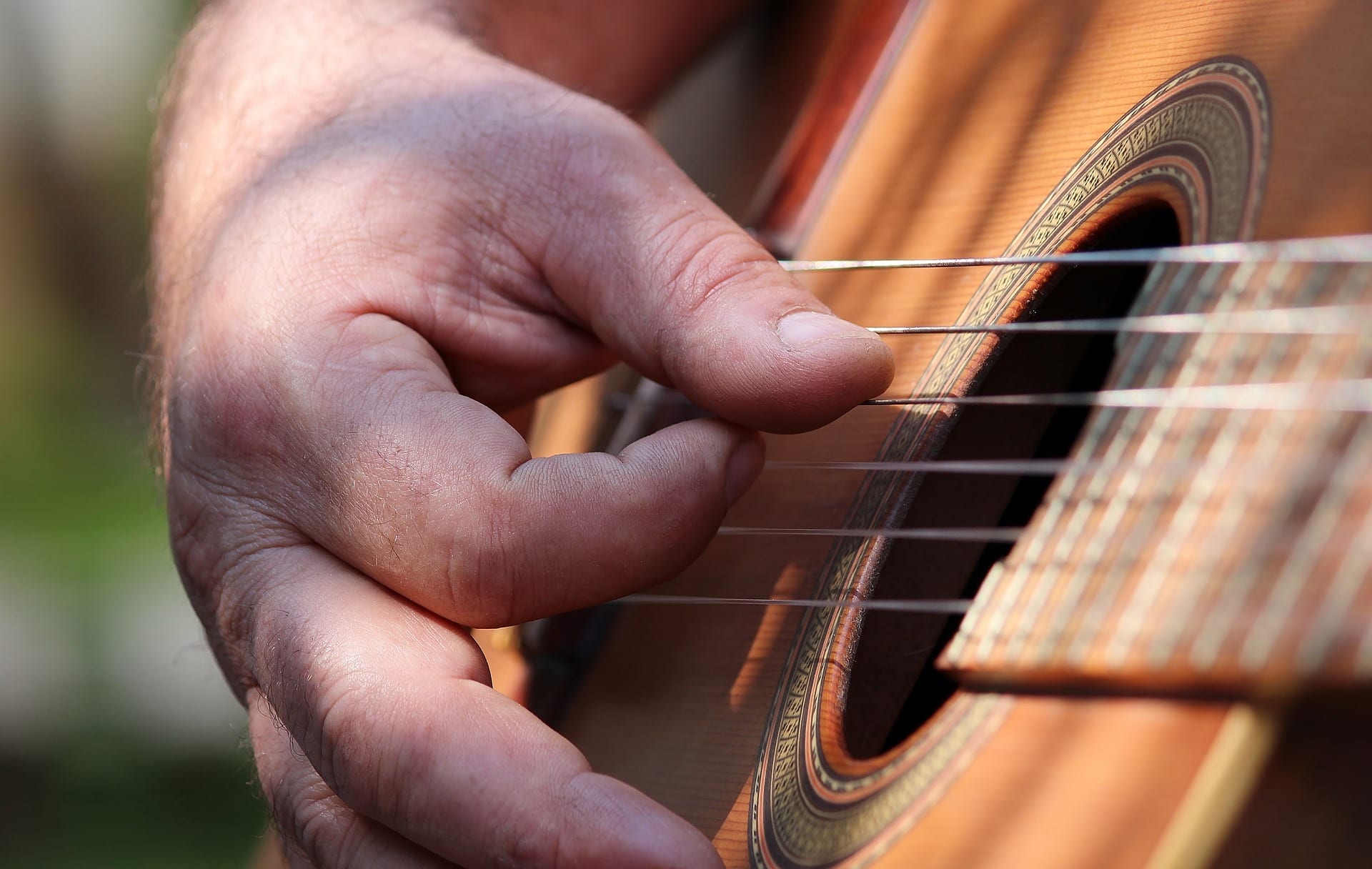It is familiar to all of us that music is associated with good feelings [1, 2, 3]. Music has been an integral part of our culture of entertainment [4]. When we listen to music, the function of the immune system and nervous system improves [5]. Even cancer patients that are recovering from cancer surgery and treatments may increase their well-being with the help of music when this is integrated with conventional care. What do we know about the use of music to treat serious illnesses?
Increased resilience
Listening to music or creating your own music improves the resilience by increasing the production of cytokines (interleukin 6), antibodies (immunoglobulin A) and natural killer cells. Instead, stress and aging cause a weakening of the immune system [2].
In one experiment, it was found that the salivary antibody levels in the experimental group had more than doubled after training of choral singing. The same study showed that the antibodies tripled or quadrupled after the performance of the choir. In another study, the amount of antibodies also increased in the saliva when the subjects listened to relaxing music of their own choice. It did not matter whether the music listened to was serious or cheerful – any kind of music that was well liked evoked positive reactions in the body [2].
Positive thoughts and feelings
Music is able to reinforce our positive emotions in the same way as meditation, humor and laughter. The effects of aging and stress are mitigated. In general, positivity, when experienced regularly, can permanently improve our well-being by affecting the nervous system and hormones.
Studies have shown that it is uplifting to listen to music and to play an instrument yourself. Even those with cancer and those recovering from surgery experience, according to studies, increased well-being when music was played in addition to the traditional treatment. In a recent study, music improved the physical and mental health of children with cancer [6].
The Finnish homeopath Camilla Henneken has experienced many sound treatments. Certain sounds and frequencies have been used for different purposes. This has resulted in feeling of happiness and it has been relaxing. Bodily functions have been normalized and peace of mind has been restored with appropriate songs and sounds from the instruments.
Camilla has performed with musicians at various health events. She mentions the following Finnish musicians: Maisa Tikka (https://www.facebook.com/Maisa-Tikka-124071494461647/ ) and Suvituuli (https://naiseudenvoima.com/blogit/suvituuli/ ).
Camilla can tell you about an interesting experience of music therapy. During a therapy session, she remembered how something was opened in her throat. It was purely a physical experience. Her voice opened up in a special way so that she could sing high notes. Something she had not been able to do before. The voice opening was associated with previous traumatic experiences during childhood, which still affected her during adulthood. This phenomenon has been studied to some extent [7].
Singing and playing makes Camilla happy and it works like medicine. Creating music strengthens, heals and relieves states of tension in the nervous system.
The ability to concentrate is improved
A well-known but relatively rarely investigated issue in the treatment of cancer is a good ability to concentrate. We believe that it is extremely important that a cancer patient focuses on the treatment given to him/her and concentrates on keeping track of his/her own illness to the best of his/her ability. Music improves the ability to concentrate. A happy state of mind makes it easier to exclude distracting sounds and thoughts. Listening to favorite music all day through headphones allows you to forget the challenges that everyday life and your illness present you [2].
According to research results, music that is perceived as relaxing gives way for positive things, thoughts are directed towards the brighter future and one gets hope in the midst of the serious state of illness.
Sources:
[1] Melissa Weinberg, Dawn Joseph. If you’re happy and you know it: Music engagement and subjective wellbeing. Psychology of Music 45 (2), 2016 https://www.researchgate.net/publication/305746447_If_youre_happy_and_you_know_it_Music_engagement_and_subjective_wellbeing
[2] Ukkola-Vuoti Liisa. Musikaaliset geenit. Kustantamo S&S, Helsinki, 2017
[3] John Sloboda. Music Structure and Emotional Response: Some Empirical Findings. Psychology of Music 19(2):110-120, 1991 https://www.researchgate.net/publication/209436058_Music_Structure_and_Emotional_Response_Some_Empirical_Findings
[4] Valorie Salimpoor, David Zald, Robert Zatorre et al (5 authors). Predictions and the brain: How musical sounds become rewarding. Trends in Cognitive Sciences 19 (2) 2014 https://www.researchgate.net/publication/269723772_Predictions_and_the_brain_How_musical_sounds_become_rewarding
[5] Daisy Fancourt, Adam Ockelford, Abi Abebech Belai. The Psychoneuroimmunological Effects of Music: A Systematic Review and A New Model. Brain Behavior and Immunity 36, 2013 https://www.researchgate.net/publication/258042912_The_Psychoneuroimmunological_Effects_of_Music_A_Systematic_Review_and_A_New_Model
[6] Maria Facchini, Chiara Ruini. The role of music therapy in the treatment of children with cancer: A systematic review of literature. Complementary Therapies in Clinical Practice 42:101289, 2021 https://www.researchgate.net/publication/347976986_The_role_of_music_therapy_in_the_treatment_of_children_with_cancer_A_systematic_review_of_literature
[7] Susanne Metzner. Music Therapy and Social Trauma. In book: Social Trauma – An Interdisciplinary Textbook, 2021 https://www.researchgate.net/publication/347113615_Music_Therapy_and_Social_Trauma
21,755 total views



